At the outset of any new enterprise, it’s often useful to make a list of the things you consider important. (See: America, Judeo-Christianity.) As such, here are some of the tenets behind Eight Piece Box. We reserve the right to change them if we ever come across better ones.
Food is art. It is unique among art forms, in that it’s the one art form that you experience with all five senses.
Art doesn’t mean fancy or complicated. There are street tacos and well-crafted bologna sandwiches that are art and $40 entrees that are not. Food becomes art the minute someone gives a damn about it being better than it has to be.
(Side note: we should really give it up and start spelling it “baloney”.)
Food is also science. What happens to food in the jar, the pan, the mouth, and the body is fascinating, and knowing how it works doesn’t make it less fascinating.
But even though food is art and science, that doesn’t mean you can’t do it. Robert Fulghum said that if you ask a bunch of adults if they dance or sing or paint, you might get a hand or two raised, but if you ask a room full of kindergarten kids, they’ll all say yes to everything. Because what’s stopping them from doing any of those things? You can make art. You can cook.
“Because that’s how ‘X’ does it” is not an acceptable reason to do anything a certain way, unless “X” is Thomas Keller, Julia Child, or your mother/grandmother/great-grandmother.
If you don’t have a scale in your kitchen, get one. As Alton Brown says, never measure what you can weigh.
The food of a place is a blueprint of its history, and it goes far beyond what happens to grow well in that climate. Why are salmon patties an Appalachian staple when there’s no salmon swimming within 1000 miles of here? How did sauerkraut become a thing here when no other German foods did?
When people cook and eat together, they connect in a way that’s hard to replicate. That’s why dates usually involve dinner and why gathering around the table has become shorthand for family togetherness.
The better your ingredients are, the less you need to do to them. If you’ve got a perfect peach, just go ahead and eat it; there’s nothing you can do to make it better.
Proper seasonal eating means totally overdoing foods when they’re at their peak. If you’re not at least a little tired of blackberries in July, or you’re not getting over tomatoes come October, you’re doing it wrong.
There are Nacho Cheese Doritos, and then there are a bunch of other inferior Doritos that take up precious Dorito space.
Right now is a great time to be alive for people who care about food. We have so much information and so many awesome ingredients available to us that we didn’t just a few short years ago.
People who complain about pictures of food and drinks on social media sites need to shut the hell up. Similarly, anyone who scoffs at your homemade pickles, your fancy charcuterie, or your pumpkin peach ale because they’re “trendy” or “hipster” is a hater who doesn’t deserve such things anyway.
Speaking of haters, Pumpkin-Flavored Everything Time is our favorite time of year.
Most people can eat gluten just fine, and an unfortunate few can’t. GMO crops are often produced by bad corporations, and may be problematic on large agricultural scales, but they’re probably not bad for your health as such. “Organic” can sometimes be a shorthand for “food that someone gave more of a damn about”, but not always, and probably not in the stuff you buy at Wal-Mart.
And as we used to say on What’s Cookin’ Now!: feed the ones you love, and love the ones you feed.
(Image of the Declaration of Independence via founding.com)

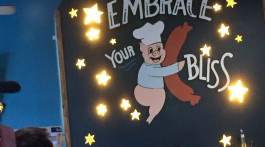
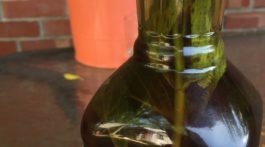
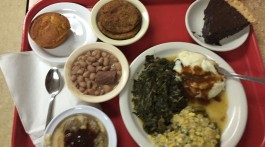

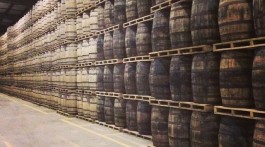
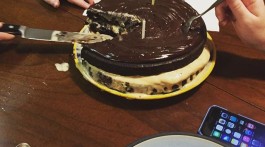


No Comment